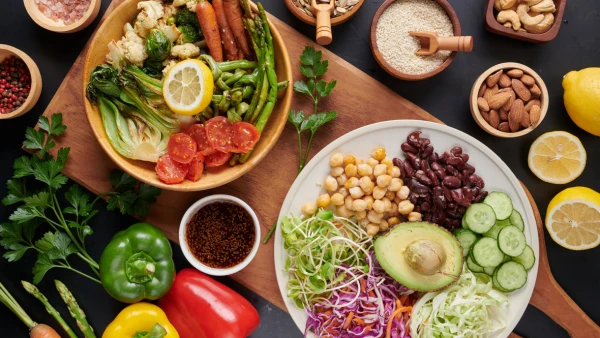
The cold season places special demands on the body. The drop in temperature, lack of sunlight, and increased viral load require adjustments to nutrition from the perspective of biochemistry and nutrition science. Biochemist Anna Divinskaya explained what to include in the winter diet.
According to her, in winter, the synthesis of vitamin D in the skin virtually stops due to the low angle of sunlight. This fat-soluble vitamin is critically important for the functioning of immune cells and the regulation of inflammatory processes. Therefore, the diet should include fatty fish (salmon, mackerel, herring), egg yolks, and fortified dairy products.
"In winter, the body expends more energy to maintain body temperature. Protein has the highest thermic effect among all macronutrients — up to thirty percent of the calories consumed are spent on its digestion. Eat lean meat, poultry, legumes, cottage cheese, and cheese daily. Protein is also necessary for the synthesis of antibodies and tissue repair," the expert noted.
Zinc and selenium are also important for immunity. These trace elements are involved in the functioning of more than three hundred enzymes. Zinc is found in pumpkin seeds, beef, lentils, and oysters. Selenium is present in Brazil nuts, seafood, and whole grain cereals. Even a slight deficiency of these elements reduces the body's ability to resist infections.
Polyunsaturated fatty acids from the omega-3 family regulate the inflammatory response and support the health of cell membranes at low temperatures. The best sources are fatty sea fish, flaxseed oil, walnuts, and chia seeds. Sufficient intake of omega-3 also improves mood during winter blues.
"Ascorbic acid stimulates the synthesis of interferons and increases the activity of phagocytes. In winter, fermented cabbage, citrus fruits, bell peppers, kiwis, and sea buckthorn are especially valuable. Flavonoids from berries, dark grapes, and cocoa enhance antioxidant protection. Kefir, natural yogurt, and fermented vegetables contain probiotics that support gut microbiota. About seventy percent of immune cells are concentrated in the gastrointestinal tract, so a healthy microbiome is the key to strong immunity," Divinskaya added.
As for warm drinks and spices: ginger, turmeric, and cinnamon have anti-inflammatory properties due to their bioactive compounds. Warm herbal teas with honey not only warm you up but also support hydration, which is often disrupted in winter due to dry indoor air.

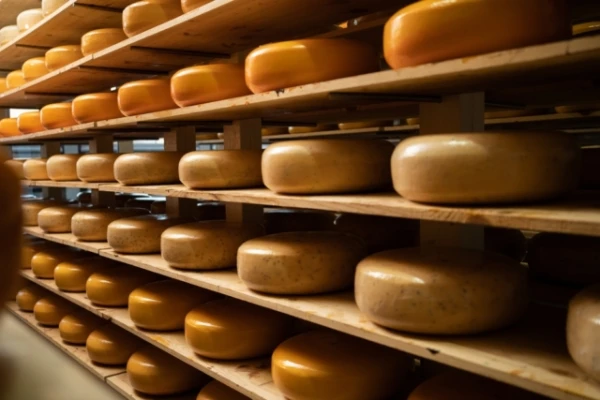
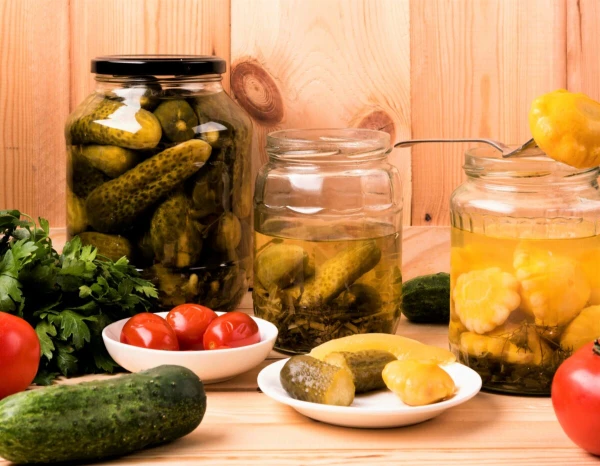

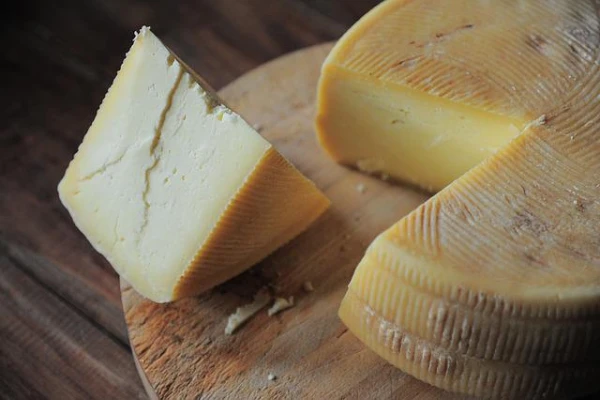



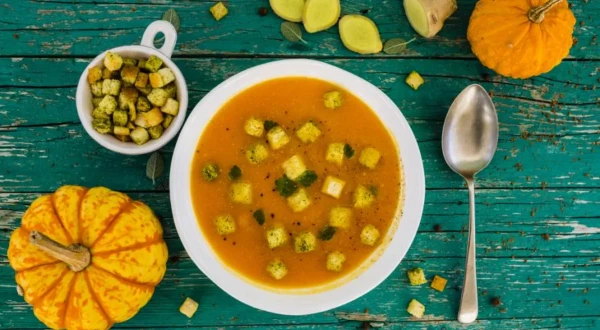






Leave a comment